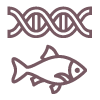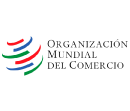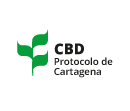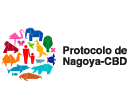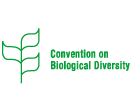 Overview
Overview

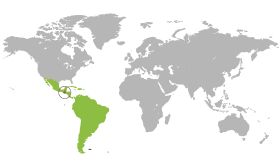
Area km2: 108,889
Population: 17,263,239
Capital: Guatemala City
ISO 3166: GT

Population density:
158.5 hab/km2
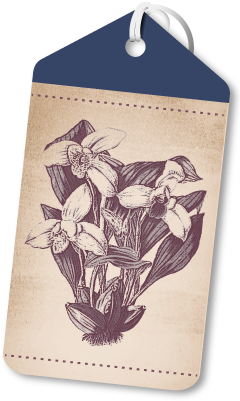
National flower:
Lycaste virginalis (Lycaste skinneri)
Guatemala is the biggest economy in Central America, with a significant agricultural sector. Guatemala mainly produces coffee, sugarcane, bananas, plantains, tobacco, cotton, maize, fruits and several vegetables. The country’s main agricultural exports consist of plantains, sugar, coffee and cardamom, an aromatic species that yields high revenues for Guatemala, being the largest cardamom producer and exporter in the world. Guatemala also stands as a regional leader due to the historical role played by the country in the achievement of multilateral and regional agreements; and even though it is an importer of staple crops, Guatemala has one of the areas with the greatest potential for maize production.

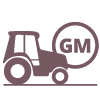
 Are there local developments?
Are there local developments?





